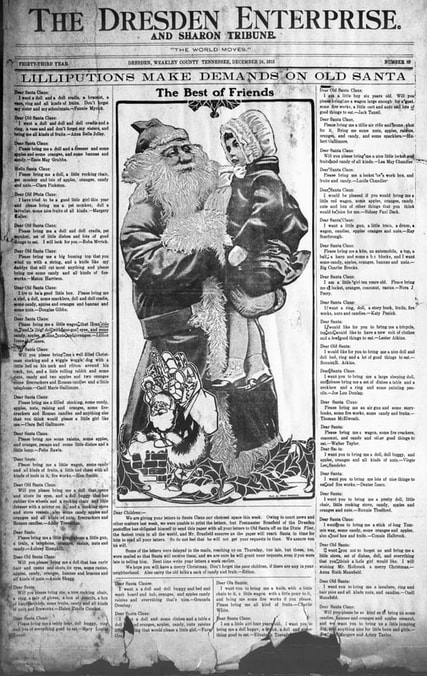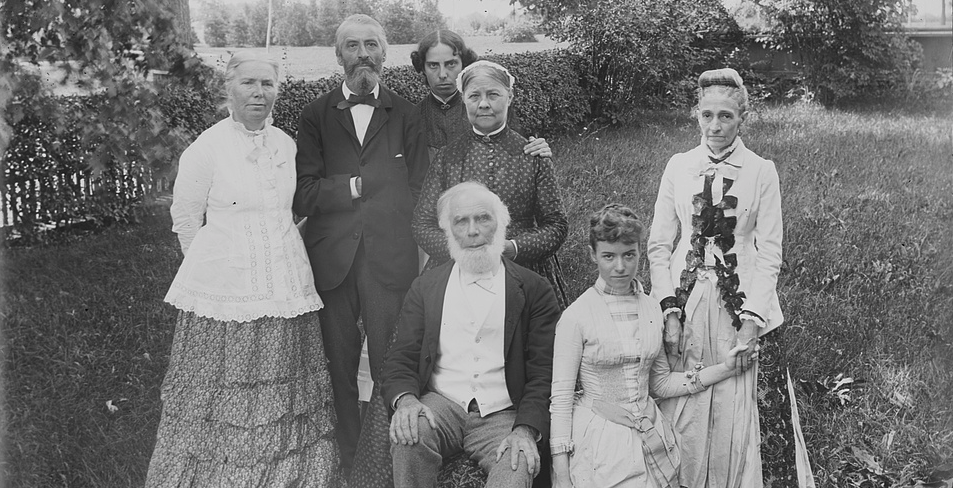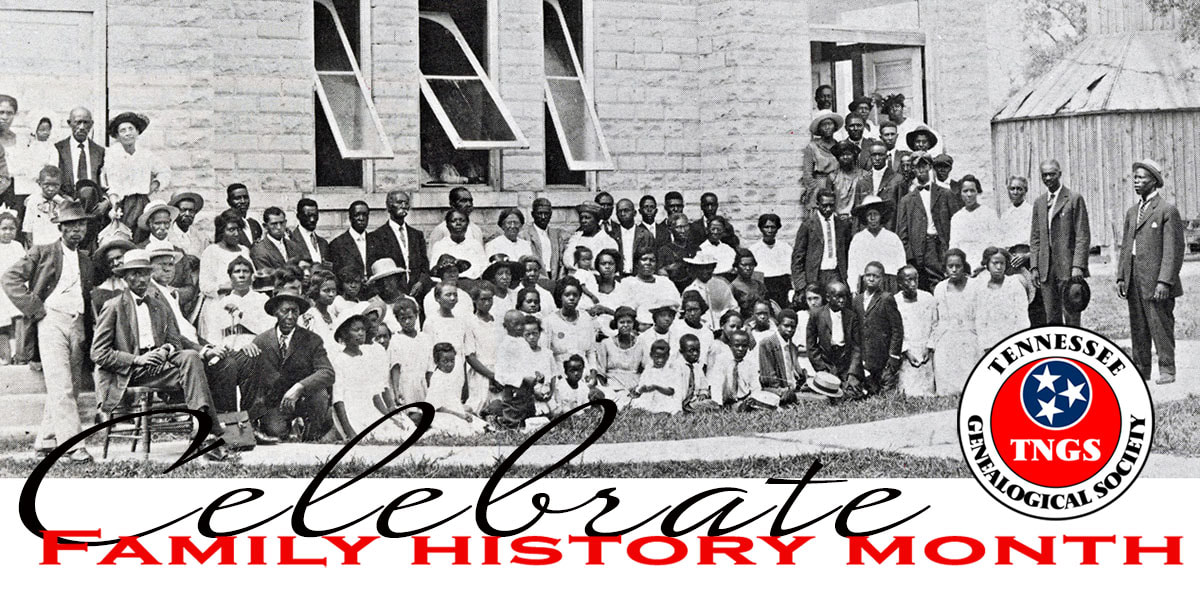Recently, Lisa Junkins, Director of Public Relations for TNGS, gave a fantastic presentation entitled “Start Your Library Bucket List.” This blog post gives a bit of information on all of the institutions she covered, and we hope that you can use this as a “cheat sheet” to prepare for your trip.
Better yet, if you are a member of TNGS, you can sign in on the website, go to the Members Only page, scroll down to “Recorded Education Sessions,” and then go to “Genealogical Education Sessions.” After clicking on that last link, you will find a list of the recordings of all of the webinars that TNGS has presented.
Find Lisa’s “Start Your Library Bucket List,” sit back and enjoy the trip!
Here are a few of the tips that Lisa provided on some of the best places to research: (Always remember to CALL FIRST!)
For current hours and closings https://acpl-cms.wise.oclc.org/genealogy
Planning Your Visit Page https://acpl-cms.wise.oclc.org/plan
Birmingham Public Library, Birmingham, Alabama
Genealogy Services: http://www.bplonline.org/resources/genealogy/
Tips on Research: http://www.bplonline.org/resources/genealogy/Genealogy.aspx#general
For reservations to Southern History Department call 205-226-3665
For reservations to Birmingham Public Library Archives call 205-226-3630
Cincinnati and Hamilton County Public Library, Cincinnati Ohio
Request an appointment in the Genealogy Collection:
https://cincinnatilibrary.org/ask-librarian/request-appointment/
Digital Library available at: https://digital.cincinnatilibrary.org/
Denver Public Library, Denver, Colorado (Central Branch)
For updates on when the Central Branch will open: https://www.denverlibrary.org/content/central-library
About the Genealogy and Western History Center: https://history.denverlibrary.org
Online classes: https://www.denverlibrary.org/events/upcoming?program_types[7665]=7665&program_types[7228]=7228&branches[7902]=7902
Family History Library, Salt Lake City, Utah
For updates on when they will open: https://www.familysearch.org/wiki/en/Family_History_Library
Lists of Classes & Webinars: https://www.familysearch.org/wiki/en/Family_History_Library_Classes_and_Webinars
The Filson Historical Society, Louisville, Kentucky
Membership Levels (includes an e-member level):
https://filsonhistorical.org/get-involved/
How to Research page: https://filsonhistorical.org/collections/how-to-research/
National Society Sons of the American Revolution Genealogical Research Library, Louisville, Kentucky
Visiting the Library: https://www.sar.org/library-contact-information/
Germantown Regional History & Genealogical Center, Germantown, Tennessee
Covid Updates: https://www.germantown-tn.gov/play/germantown-regional-history-and-genealogy-center
Germantown Arts and Crafts Festival: https://germantownfest.com/Home
Germantown Charity Horse Show Schedule: https://gchs.org/schedule
J Erik Jonsson Central Library, Dallas, Texas
General Information about the 8th Floor/Genealogy & History: http://dallaslibrary2.org/genealogy/collection.php
Planning a visit page: http://dallaslibrary2.org/genealogy/visit.php
Library of Congress, 101 Independence Ave SE, Washington, DC 20540
For updates on when will open: https://www.loc.gov
Information about Orientations: https://www.loc.gov/rr/main/inforeas/orient.html
Pre-register for free Reader Card: https://reader-registration.loc.gov/readerreg/remote/
Links their librarian suggested: https://guides.loc.gov/genealogy
https://loc.gov/rr/genealogy/
Explore Folklife collection in your state: https://www.loc.gov/folklife/states/index.html
Check here for train (metro) information: https://www.wmata.com
Mid Continent Library, Independence, Missouri
For updates on hours: https://www.mymcpl.org/genealogy
Getting Started in Genealogy: https://www.mymcpl.org/genealogy/get-started
Harry S Truman Library & Museum: https://www.trumanlibrary.gov
National Archives Kansas City: https://www.archives.gov/kansas-city
All locations: https://www.archives.gov/locations
National DAR Library, 1776 D Street NW, Washington D. C.
Hours when they will be open: https://www.dar.org/national-society/hours-operation
Plan Your Visit Page: https://www.dar.org/library/about-library/planning-your-visit
Check here for train (metro) information: https://www.wmata.com
Tennessee State Library and Archives, Nashville, TN
Genealogy Section: https://sos.tn.gov/tsla/history
Email the Reference Desk for latest guidance on visiting: [email protected]
or call 615-741-2764
Tennessee General Assembly Schedules and Calendars: https://capitol.tn.gov
Tennessee State Capitol Tours: https://www.capitol.tn.gov/about/capitolvisit.html









